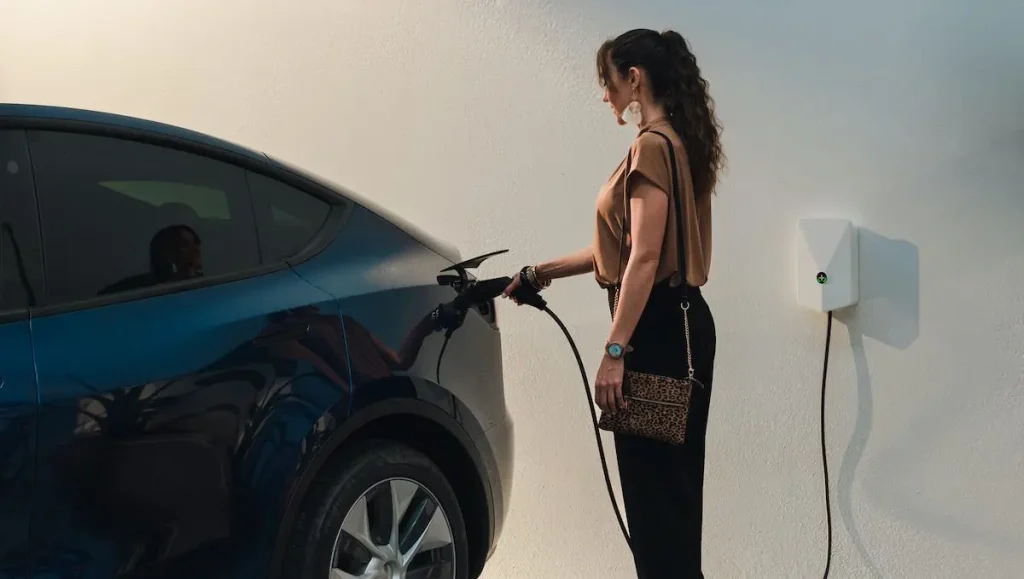The intersection of solar power and electric vehicle EV charging solutions represents a pivotal advancement in sustainable energy and transportation. As the world increasingly shifts towards reducing greenhouse gas emissions, both solar power and electric vehicles have emerged as crucial components of a greener future. When combined, these technologies not only enhance environmental benefits but also offer a more resilient and cost-effective approach to energy and transportation infrastructure. Solar power, harnessed through photovoltaic panels, provides a renewable and clean source of energy by converting sunlight into electricity. This form of energy generation is inherently decentralized, meaning that solar panels can be installed on residential rooftops, commercial buildings, or large solar farms, allowing for a wide distribution of energy sources. This decentralization can mitigate the risks associated with centralized power grids and reduce transmission losses, thereby enhancing overall energy efficiency.

Electric vehicles, on the other hand, are designed to reduce reliance on fossil fuels by utilizing electricity as their power source. The growing adoption of EVs is driven by their potential to lower carbon emissions, decrease air pollution, and offer cost savings in fuel and maintenance compared to traditional internal combustion engine vehicles. However, the widespread use of EVs places new demands on charging infrastructure, which can strain existing electrical grids and potentially increase overall energy consumption. Integrating Beny solar power with EV charging solutions offers a synergistic approach to addressing these challenges. By installing solar panels at charging stations or on the roofs of homes with EVs, it is possible to generate clean electricity directly at the point of use. This setup not only reduces the demand on the grid but also minimizes the carbon footprint associated with charging EVs. For instance, a home equipped with a solar panel system can produce enough energy to charge its EV, effectively reducing the vehicle’s reliance on grid electricity, which may still be derived from fossil fuels in some regions.
Moreover, this integration can provide economic benefits. Solar power systems can offset the cost of electricity used for EV charging, potentially lowering the overall cost of vehicle operation. Additionally, advancements in battery storage technology allow surplus solar energy to be stored and used later, further enhancing the efficiency and reliability of the charging process. The combination of solar power and EV charging also supports broader goals of energy independence and browse around here https://www.beny.com/ru/ for additional thoughts. By generating their own electricity, EV owners and businesses can protect themselves against fluctuations in energy prices and potential disruptions in power supply. Furthermore, this integration aligns with many governmental policies and incentives aimed at promoting renewable energy and sustainable transportation. Overall, the intersection of solar power and electric vehicle charging solutions exemplifies a forward-thinking approach to sustainable development. It represents a harmonious blend of renewable energy generation and clean transportation technology, paving the way for a more eco-friendly and economically viable future.